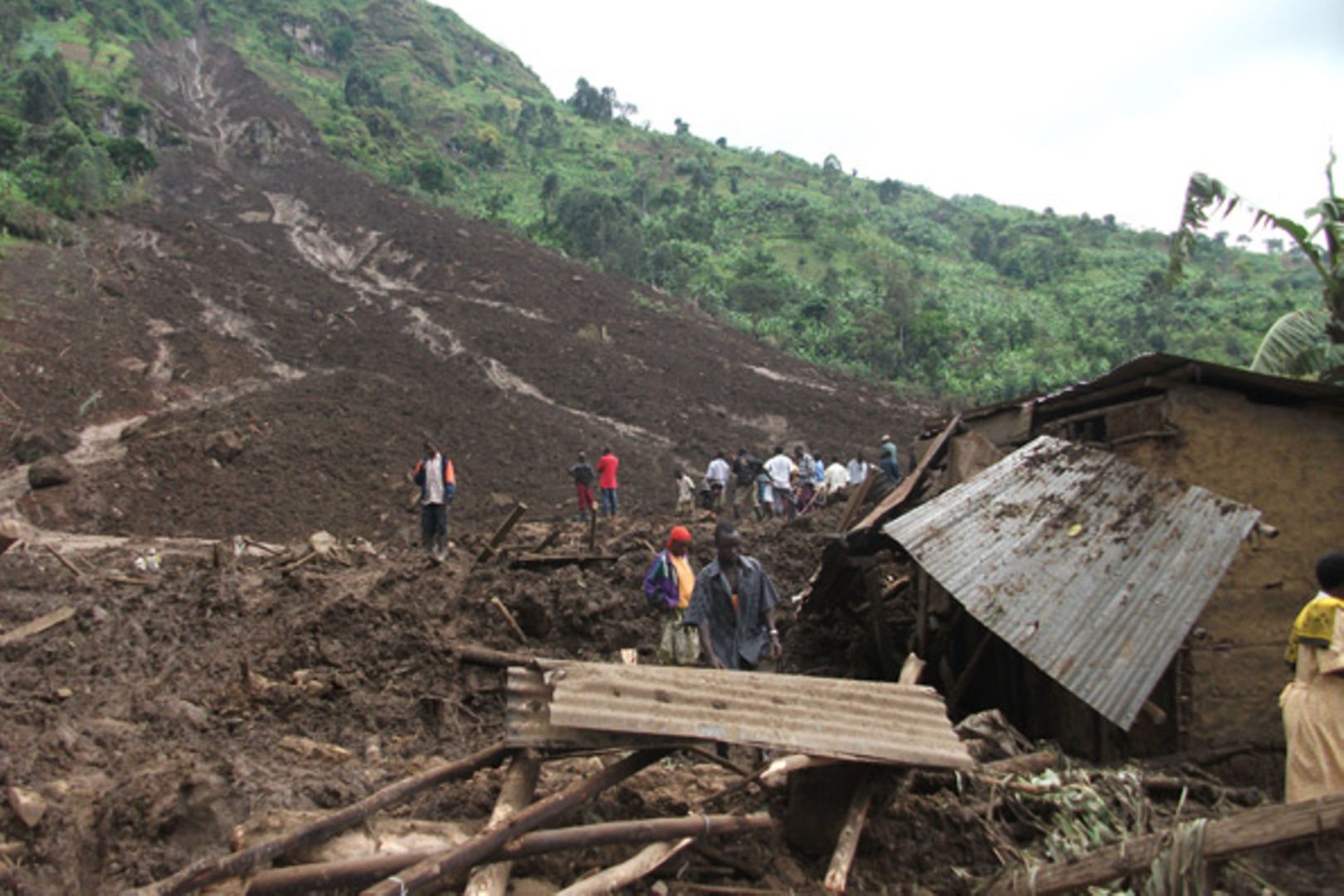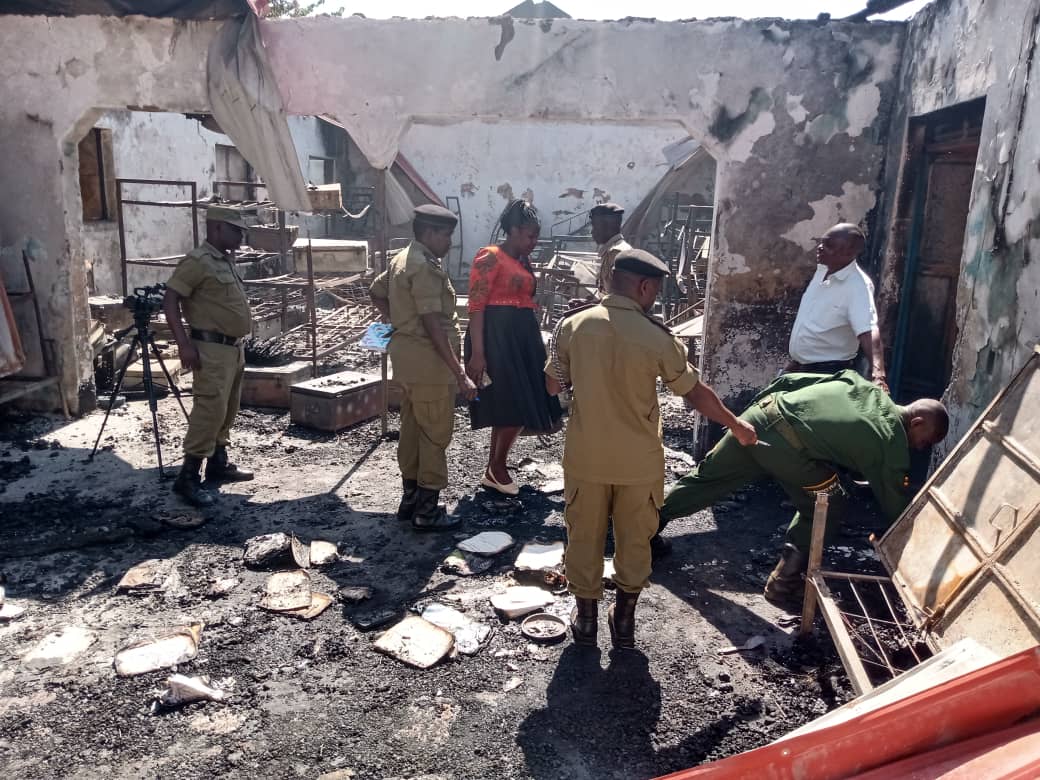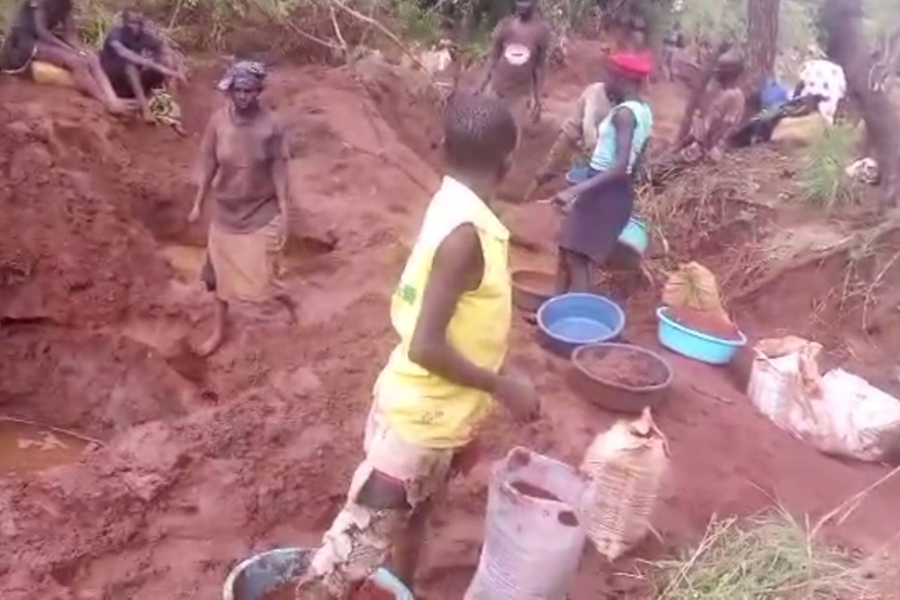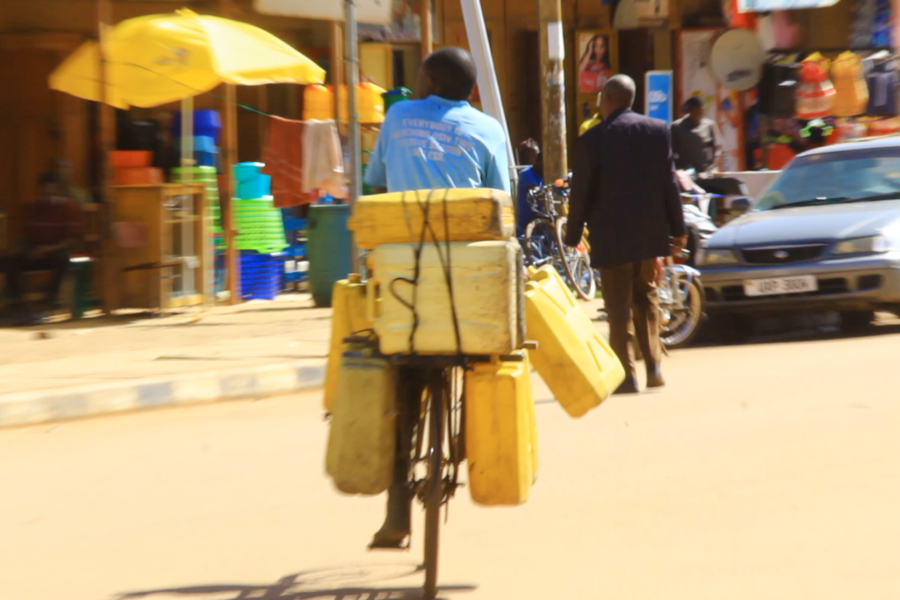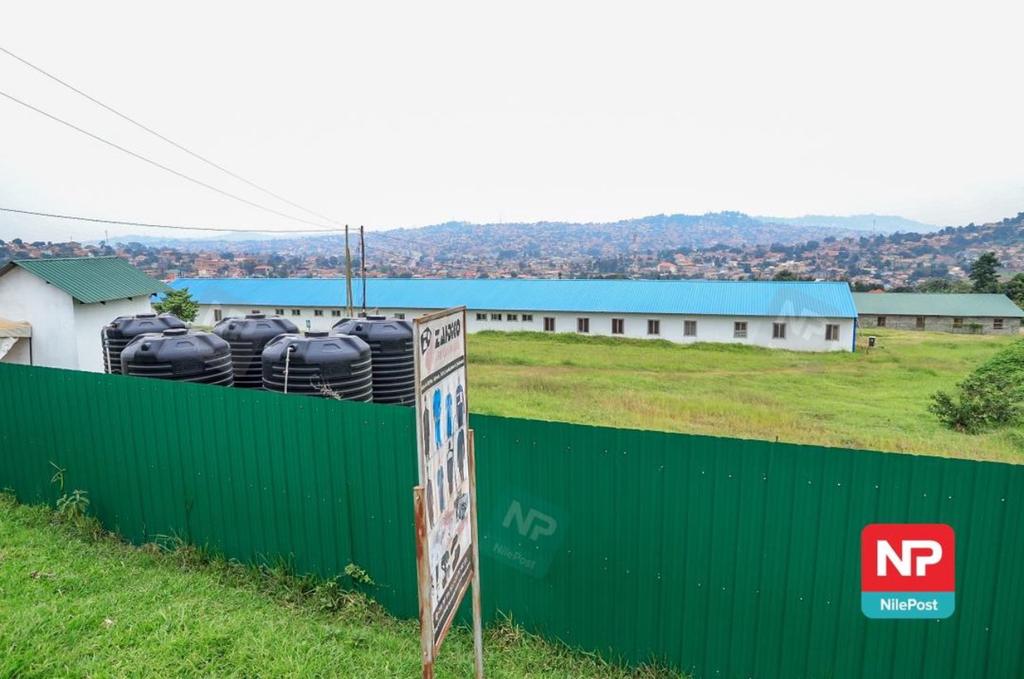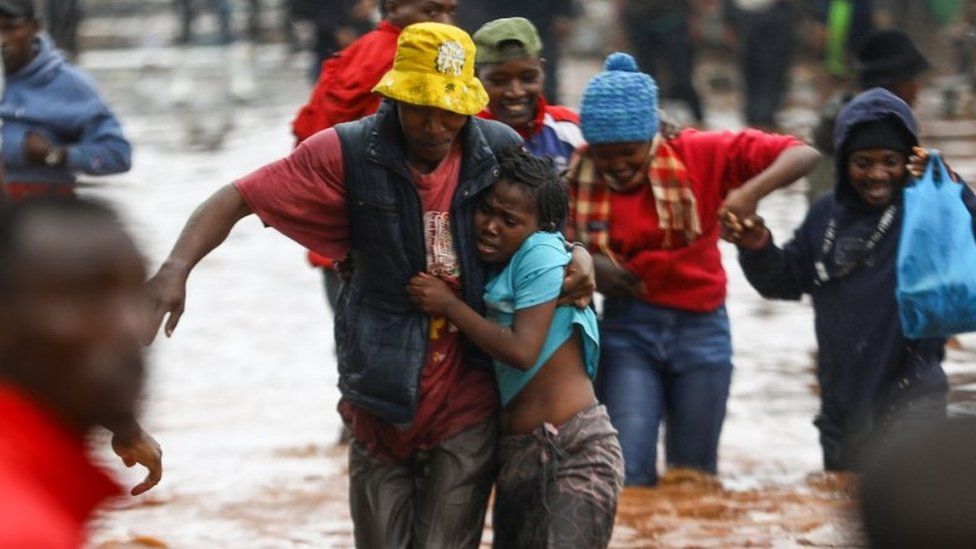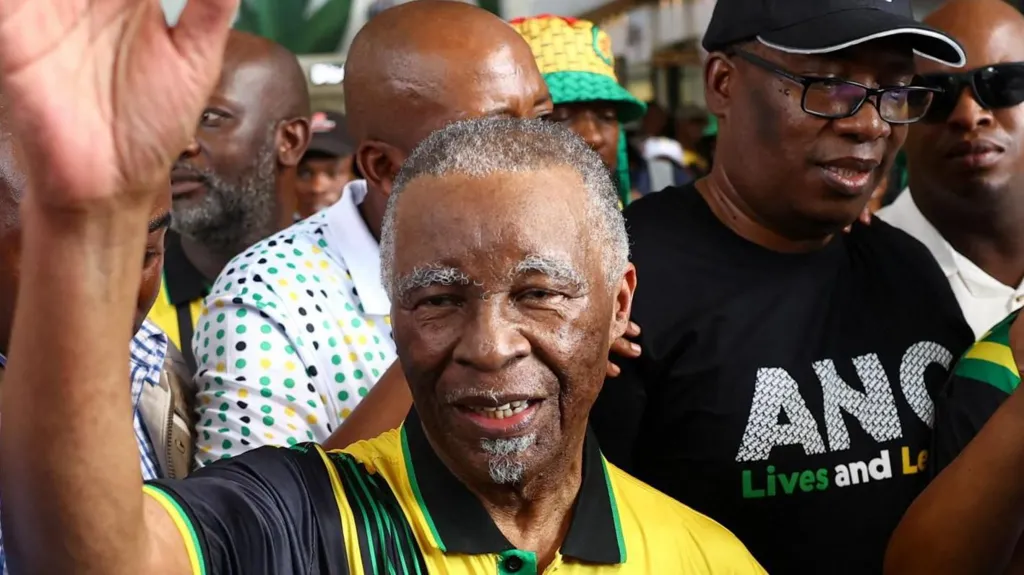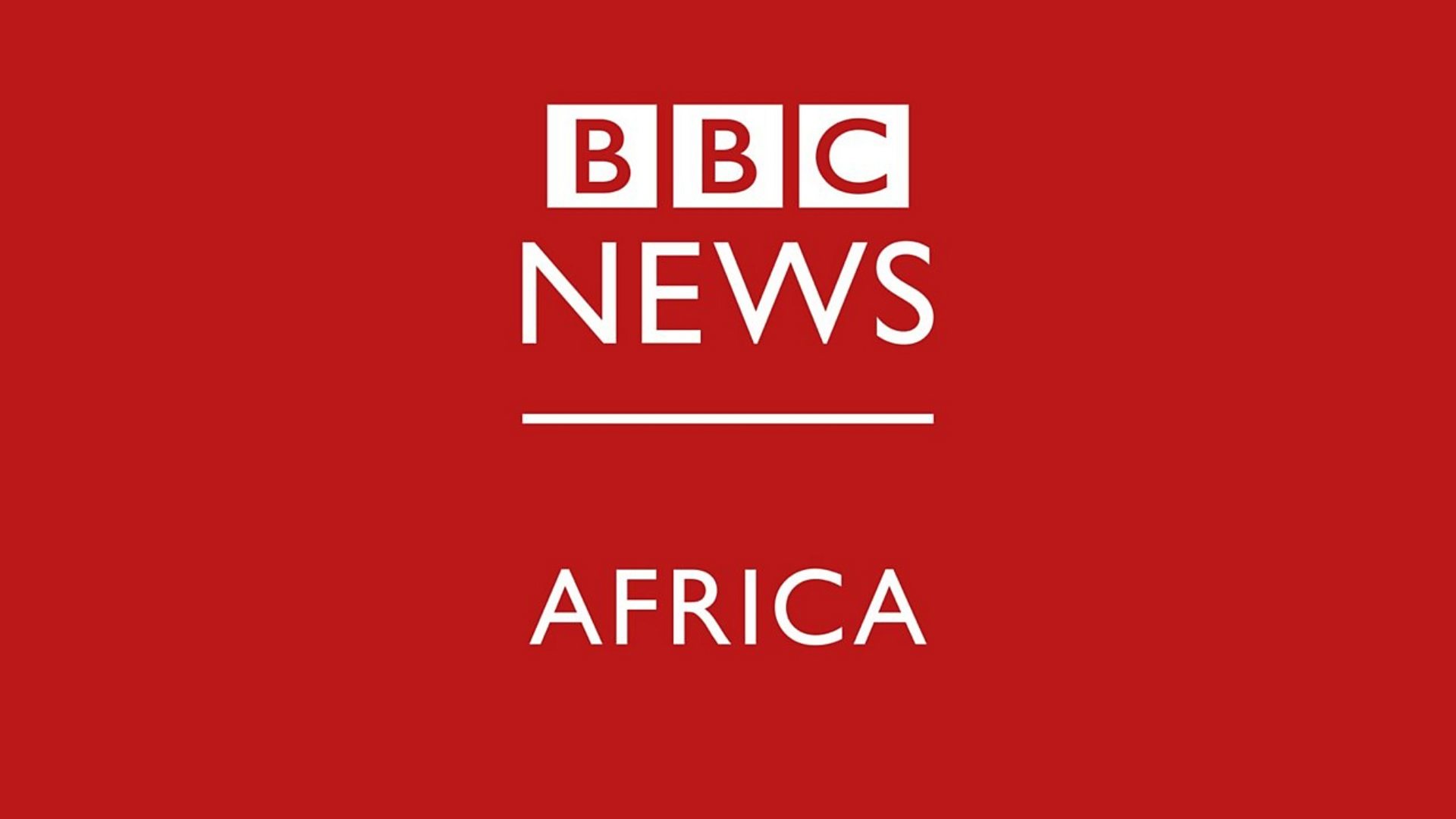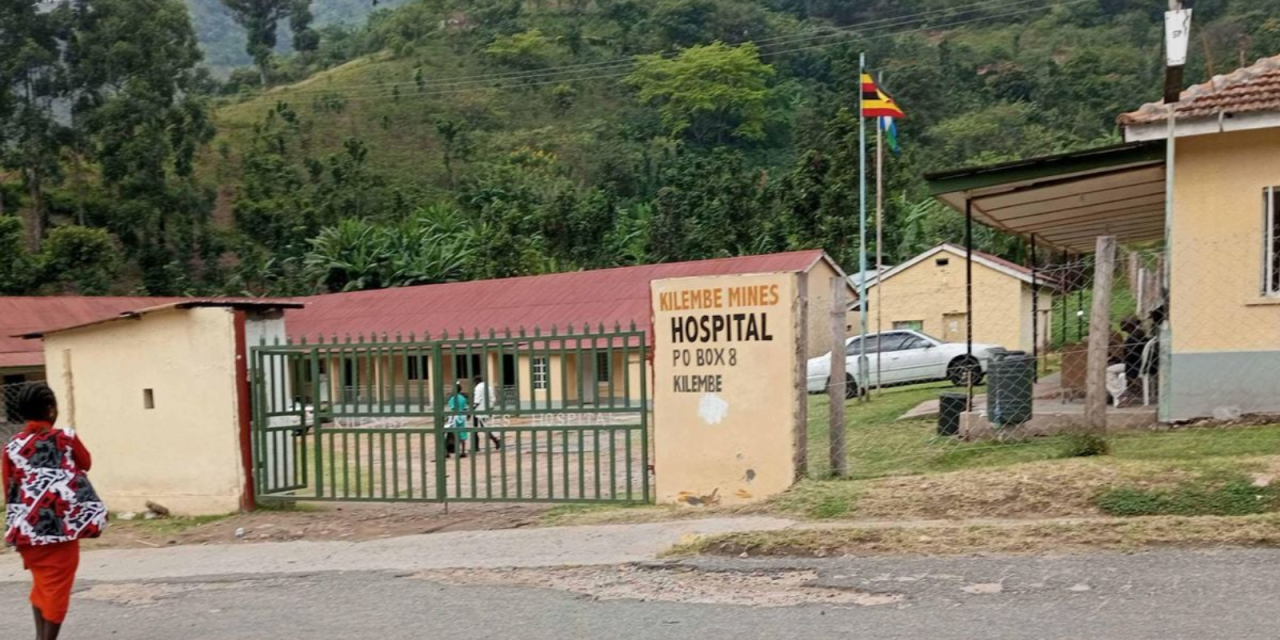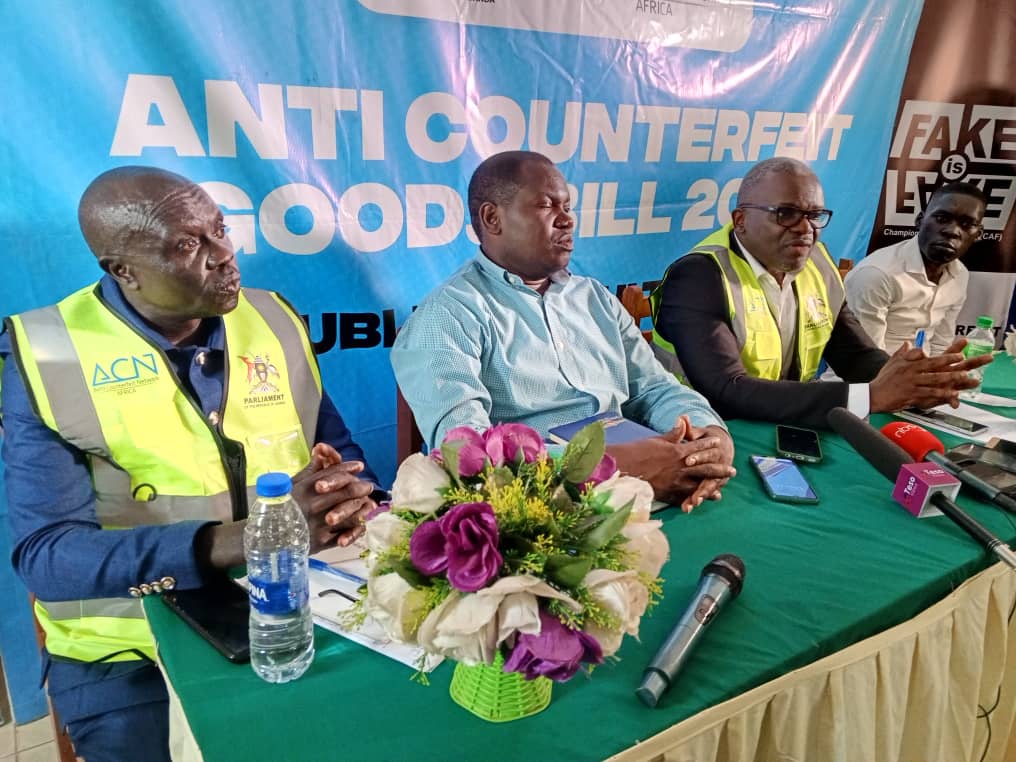Laboratory technician helps refugee children learn on TV during the lockdown
By Aggrey Nyondwa & Derrick Kyatuka
At around 8:30am, as the morning sun beams over Yoyo village in Bidibidi refugee settlement, a handful of refugee children aged between 9 and 12 years, armed with books and pens, begin to arrive at the home of Charles Wani to catch the morning lesson on his television set.
As they arrive, one by one, Wani welcomes them with a smile and makes sure they all wash their hands at the handwashing facility placed in his compound before ushering them into a room next to his family area.
Inside a shadowy room, is an old school 17-inch LG television, placed on a stool.
Plastic chairs set a few metres apart, are arranged on a tarpaulin on the floor.
Wani sets the children apart from each other in observance of social distancing as a preventive measure against the spread of COVID-19.
Three children take up the seats as the two sit on the floor, tilting their heads up to catch a glimpse of the small screen.
Remote control in his hand, Wani sits on one of the plastic chairs as he scrolls through the channels. He lands on one with a Social Studies lesson.
A female teacher is explaining environmental protection and the dangers associated with environmental degradation.
Every time the teacher poses a question to the learners, Wani quickly chips in and asks if they have fully understood the question. He then offers to explain a point in the local language to those who did not understand.
“I keep explaining to them because sometimes the teacher can talk very fast in an accent they are not used to and they miss out on the information, but also some children grasp information at a slow pace that’s why I keep explaining to them to fully understand what is being taught on TV,” Wani says.
Wani, a laboratory technician by profession, is a champion in supporting vulnerable refugee children to access learning on television in Bidibidi Refugee Settlement, where most children have limited access to learning materials.
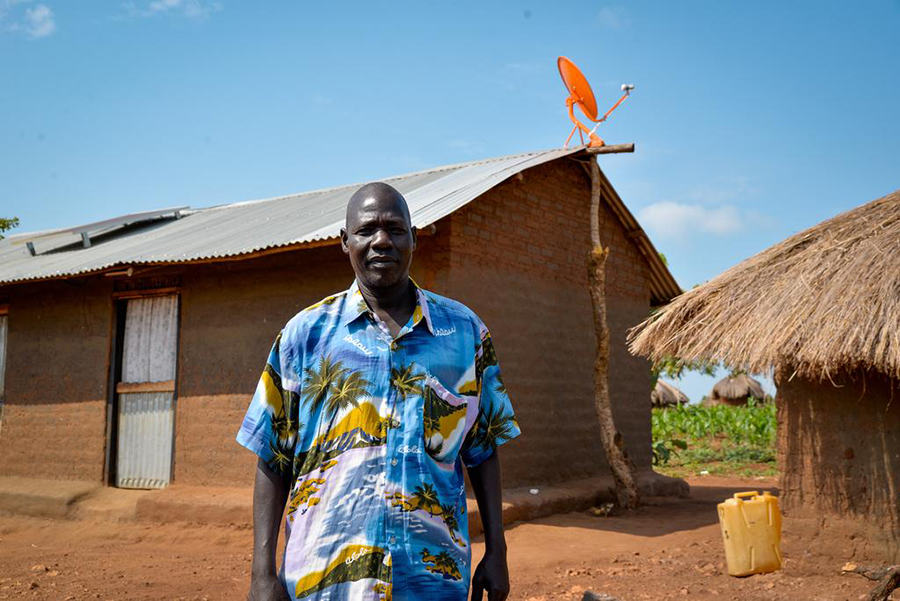 Charles Wani, the laboratory technician who has set up a learning centre for refugee children
Charles Wani, the laboratory technician who has set up a learning centre for refugee children
He is the silver lining in the dark cloud that has marred many children’s learning continuity since the closure of schools in March, following the COVID-19 pandemic.
“As refugees, we also want our children to learn rather than staying in the settlement idle. The government of Uganda has been encouraging children to continue learning either through radio or television. However, the greatest challenge our children, especially young ones, have been facing in learning through radio is language. Most of them don’t understand English. That’s why I decided to connect for them television so that they learn as they see. I think this will help my community,” he says.
The father of six has been staying in the settlement since September 2016.
He brought his family to Uganda for safety and also in quest for good education for his children.
“I am a learned person and I also want my children to have the best education and secure their future. Coronavirus has affected their education that’s why I keep engaging them together with other community children to ensure that they learn,” Wani adds.
He says his initial plan was to help willing children in candidate classes to access learning with the hope of them sitting for their final examinations before the year ends.
“The government might propose to examine candidates before the year ends. I want to prepare them for their final examination. I contacted Solar Now, a company that sells home solar systems and I acquired solar that I am currently paying for in installments,” he notes.
“In South Sudan, I was living a comfortable life and one of the things I owned was a TV. When I was coming to the settlement, I came along with my TV and generator because my children were already used to watching it. When schools closed, I bought a solar system because there is no electricity in the settlement and a decoder to support the children in learning.”
Wani says he spent about Shs 5 million for the full package including the solar, battery, the TV set, the decoder and installation. He now spends Shs 50,000 every month for subscription.
At least 17 children access his home every day to learn and he says these come in shifts of five, and they are in two groups, the morning group and the evening group.
“I want to start registration of all children who come to my home to study as a way of monitoring them and for easy follow-up incase anything happens to them while in my custody,” he adds.
World Vision will be giving out soap, hand sanitiser and face masks to heroes like Wani to ensure that the children continue learning in a safe environment.
“It is very encouraging to see the resilience of such communities that have been made more vulnerable by the effects of the coronavirus pandemic. We have been, and we continue to support people like Charles who are helping their communities overcome the hard realities of the pandemic” says Henry Ambayo, the COVID-19 Response Manager at World Vision.
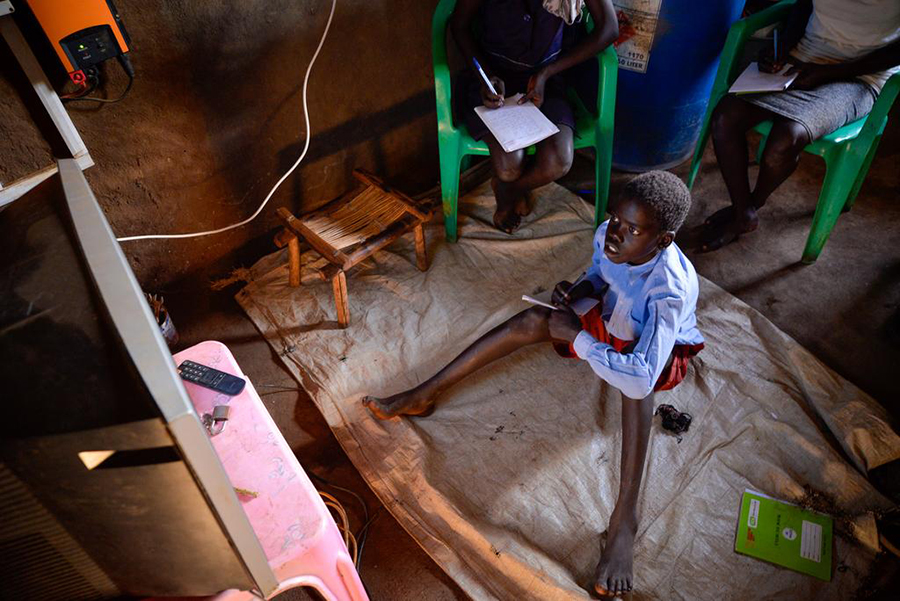 A refugee takes notes as he watches a lesson on TV
A refugee takes notes as he watches a lesson on TV
Children’s safety
“One of the safety measures I took was to limit the number of children I host and supervise during learning. I admit class by class, and take in a maximum of five children per lesson and the learning usually lasts for about 30 minutes only. The idea is, the few who attend will share with their friends in their homes. I also have a handwashing facility and I closely monitor them as they wash their hands before welcoming them into the room,” Wani says.
Challenges
Mr. Wani says some parents are not providing scholastic materials like pencils, pens and books to their children to support them in learning.
“Personally, all I can provide is a conducive learning environment and pay utility bills but I have been talking to some of their parents to extend support to their children as well,” he explains.
Children speak out
Josephine – Senior Two student
“In our village we have other two people who have TVs but they use them for commercial activities like showing sports and movies. It’s only Charles who has come out to support us and we greatly appreciate his services. I am happy that I can learn even during the lockdown.”
Rebeca, Charles’ daughter
“I am proud of my father for helping other children to continue learning in the lockdown. I am in Primary Seven and my worry is that I am not sure if I will be able to complete primary this year.”
David, Senior Three student
“Before, I was not learning but when Charles connected a TV for us, I started going to his home to learn. He is a good person to us because he is not asking anyone for money to access his television. We hope other people with TVs will emulate him and support more children to learn during the lockdown.”


